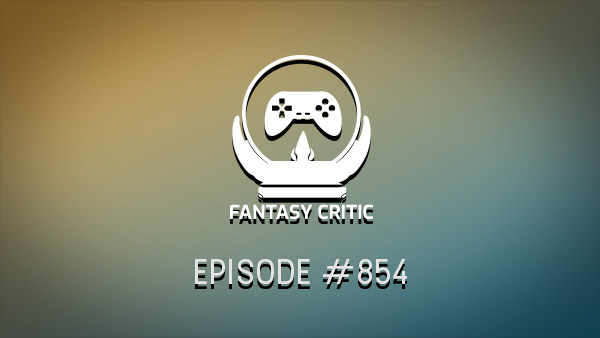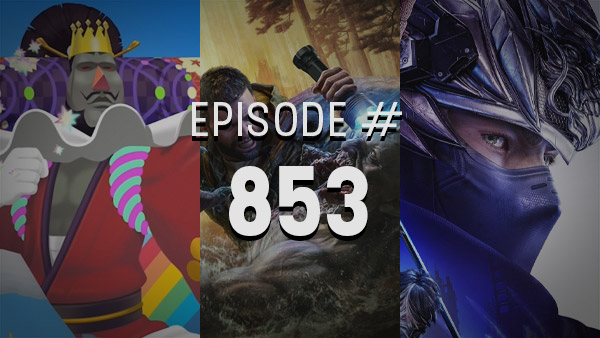Your login information returned multiple users. Please select the user you would like to log in as and re-type in your password.

Despite what many may believe, E3 is not just a place for the adoring masses to pray at the alter of video games and regurgitate fancy-worded press releases in an attempt to pull a few more hits from the troth of Google Analytics. It's only partly that. At its heart, E3 is a trade show where developers and publishers can, often for the first time, show off the fruits of their labor after spending years shrouded in secrecy. And as their newborn creations take their first clumsy steps into the world, they are for the first time subjected to the both critical and public scrutiny.
Some make it with a pat on the head and a smile, some...not so much.
I've often said that these delicate moments are important in the life of development because it's during this time that games are still so malleable that reception can make a big difference in what the end result can be. Why does the public, and critics, become so vocal around E3? Why is writing nothing but honeyed worded Previews a very bad idea when it's quite obvious that a game needs some work? Why are fans, and their ability to directly communicate with developers through forums and other means so important? In an interview with CVG, Lionhead creative director Gary Carr shows us just how much this can have an effect.
It's safe to say that Fable: The Journey didn't make the kind of splash that Lionhead studios was hoping for at E3 2011. The on-rails demonstration -and admittedly the Kinect association- left many people with a bad taste in their mouth and the intent to make their thoughts known. Literally moments after the 2 minute presentation ended, websites started posting their bereavement at the direction this particular game in the Fable franchise was taking.
"The truth is, we were actually close to killing that E3 [2011] demo, but some of the team tried to revive it." Gary Carr told CVG, " We did come back from E3 with some people saying, we're doing something wrong here. We need to change course. Ultimately, the decision was, keep the faith. On-rails is actually necessary to make the game work really well."
"It [the E3 criticism] destroyed them"
The debate whether Fable: The journey was on-rails or not was ultimately muddied by Peter Molyneux, who in the wake of the presentation stated that the game was a free movement game. However, according to Carr this was only something that the studio was experimenting with at the time, and having come into limitations with the Kinect -big surprise- it was ultimately scrapped for the on-rails version.
Although Fable: The Journey remains an on-rails Kinect experience today, Lionheads's experience post-E3 criticism stands as a good reminder to the importance of honest critical reception and the power that trade shows like E3 and Pax have to mold our industry as a whole. It also stands as a good reason for people in the professional position of writing about these things to always take an honest yet fair approach to previews which , in my opinion, are often way too positive as a rule.
Remember how much praise Duke Nukem Forever received before release?




Comments
13 years, 5 months ago
Awesome post Joseph, it's great to see the other direction of how the E3 Pendulum swings. We hear a lot about the games that do great, but not about the 'okay' or the outright failures, if we don't follow the conventions and shows very closely. Thanks for showing the community this!
13 years, 5 months ago
I personally think that most of the so called professional video game reviewers and press are complete dipshits who don't know the first thing about what a good game is but that's just me. I wished devs would pay more attention to the criticism they get from games sure it not always going to be correct but a majority of the times major flaws are revealed and can be fixed if paid close attention too.
13 years, 5 months ago
Great read. Thanks for the post.